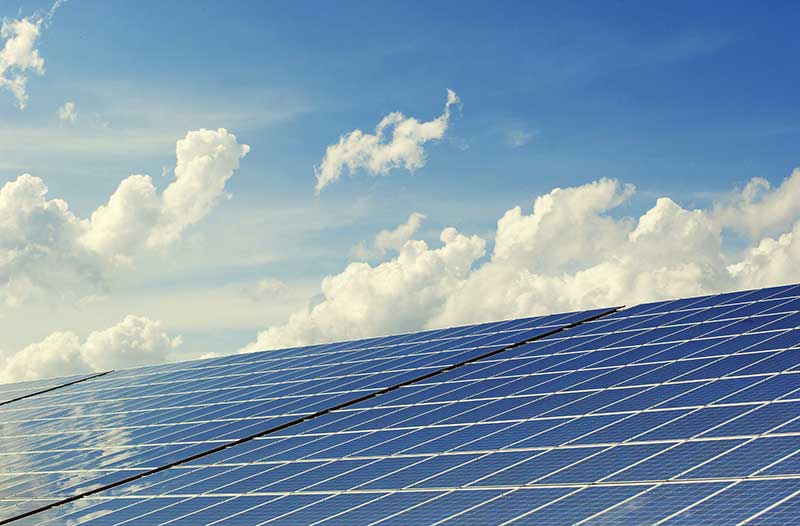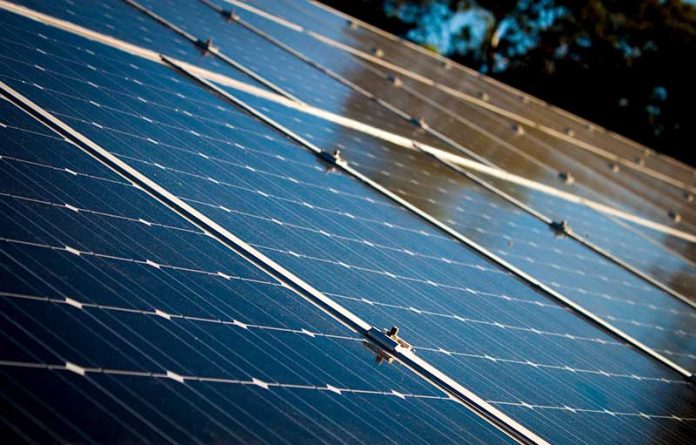After suspending a programme for the past four years which was meant to allow private householders to sell any surplus solar power they may generate to state utilities, the Department of Alternative Energy Development and Efficiency, a division of the Energy Ministry, is now once more planning to allow the move to go ahead.
Private buildings and householders who are accepted into the programme will be able to sell their excess solar power, the only issue at present being that the Energy Ministry is still carrying out studies designed to work out the best way to create investment conditions. The studies are expected to be concluded by the end of this year, which means any kind of implementation will not take place until some time in 2019 at the earliest.
The Energy Minister is quoted as saying there is no firm time frame at this juncture because details such as the business model, which will include the investment budget, the tariff to be set for the power, metering systems and a number of other factors have yet to be fully developed.

The Energy Ministry believes the cost of developing rooftop solar photovoltaic panels has dropped and householders could sell their excess to the state grid for up to 2.44 baht per kilowatt-hour.
There is likely to be a two-tiered selling model, the first being a business-to-business model and the second being a simple sale of power wholesale to the state.
The government has set a target of having renewable energy make up 30 percent of Thailand’s total power generation by 2036. Presently, renewable energy only makes up 10 percent of power, while fossil fuels make up a massive 85 percent.
The Energy Ministry noted that biomass and biogas are becoming key energy sources and currently produce around 3,000 megawatts each year.
The rooftop solar programme was first launched in 2013, with a total quota of just 200 megawatts.
The programme quickly ran into political difficulties and was quietly sidelined. This left some early adopters out in the cold as it were but once more it looks as though the drive to revive solar energy is back on the government’s agenda, albeit slowly.
Solar rooftop owners operate as independent power suppliers (IPSs) and the Energy Regulatory Commission notes that at present IPSs have a combined capacity of 2,600 megawatts and accounts for 6.5 percent of the total power generation system. The Commission says new IPSs are being launched each month with an average capacity of four to five megawatts.










